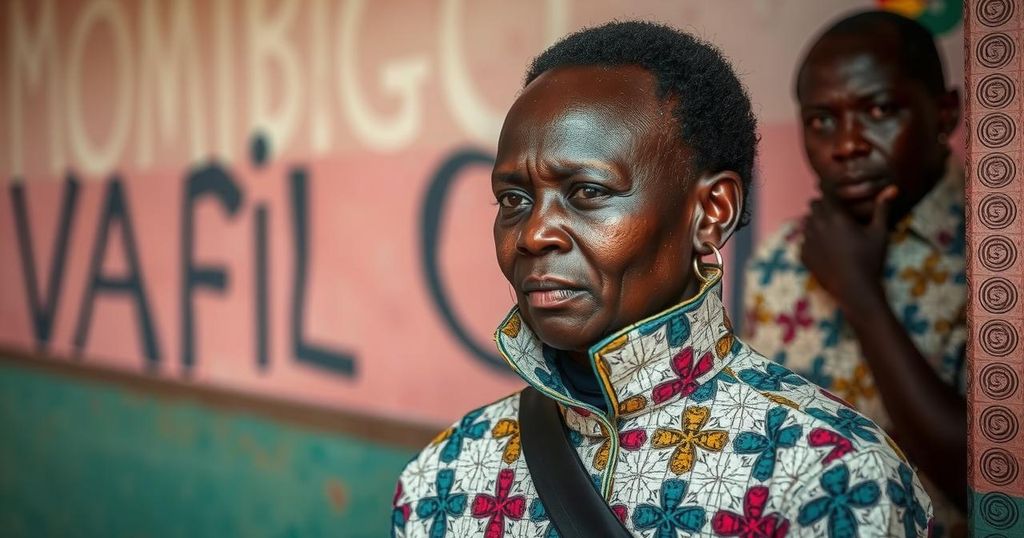Mozambique is mourning numerous fatalities resulting from violent protests following a disputed election. A local NGO reported approximately 280 deaths attributed to the excessive force used by security forces against demonstrators. Eyewitness accounts and testimonies highlight the urgent need for accountability and reform as the nation grapples with the implications of state violence.
In Mozambique, intense mourning prevails as families grieve the loss of loved ones amid violent protests following the disputed election. Numerous deaths have been reported, attributed largely to the actions of security forces during the unrest triggered by the announcement of Daniel Chapo as the electoral winner of the ruling Frelimo party. Among the deceased are a 16-year-old girl who was fatally shot while traveling with relatives and a 22-year-old man killed during a demonstration, reflecting the dire situation faced by the country’s youth. Human rights activists raise concern over the violent response of authorities towards citizens, as calls for accountability remain unanswered, underscoring the ongoing tensions and political strife in Mozambique.
The unrest in Mozambique intensified after the October 9 election, with the Frelimo party’s victory igniting protests led primarily by opposition supporters who dissent against what they perceive as rigged electoral results. An NGO reported that nearly 280 individuals have lost their lives within a two-month period of escalating violence, with many victims being young protesters. Eyewitness accounts indicate a troubling pattern of police using lethal force against protestors, raising serious human rights concerns.
Despite the confirmed election results, anger and dissatisfaction linger across the nation. The government has accused demonstrators of engaging in looting and destruction, yet evidence continues to mount regarding the excessive use of force by the police. With the police often masked, the complexities surrounding accountability deepen, leading to fears of reprisals against witnesses. Rights advocates argue that the state’s violent confrontation with its citizens represents an unprecedented breach of trust and public safety.
As the community reflects on the lives lost, the broader implication of this unrest points towards a desperate need for structural change in Mozambique. Following the recent turmoil, Chapo’s inauguration is scheduled for January 15, while opposition leader Mondlane, who remains in exile, promises to continue advocating for electoral reform and heightened transparency.
The unrest in Mozambique stems from a contested election held on October 9, 2023, which resulted in the ruling Frelimo party, led by Daniel Chapo, maintaining its long-standing grip on power. Widespread allegations of electoral fraud have prompted significant unrest, particularly among supporters of the opposition leader, Venancio Mondlane. Human rights groups have reported escalating violence from security forces against protesters, with both civilian casualties and police injuries surfacing during the confrontations. As the violence continues, calls for accountability and reform grow louder amidst a politicized atmosphere marked by distrust and desperation.
In summary, the violence in Mozambique following the disputed election has led to a tragic loss of life, predominantly among the youth. The actions of security forces under scrutiny raise critical human rights concerns and reflect a troubling response to civil discontent. As the country faces an uncertain political future, the ongoing struggles for justice and reform signal a pivotal moment in Mozambique’s history, emphasizing the urgent need for dialogue and accountability within its governance.
Original Source: www.barrons.com






